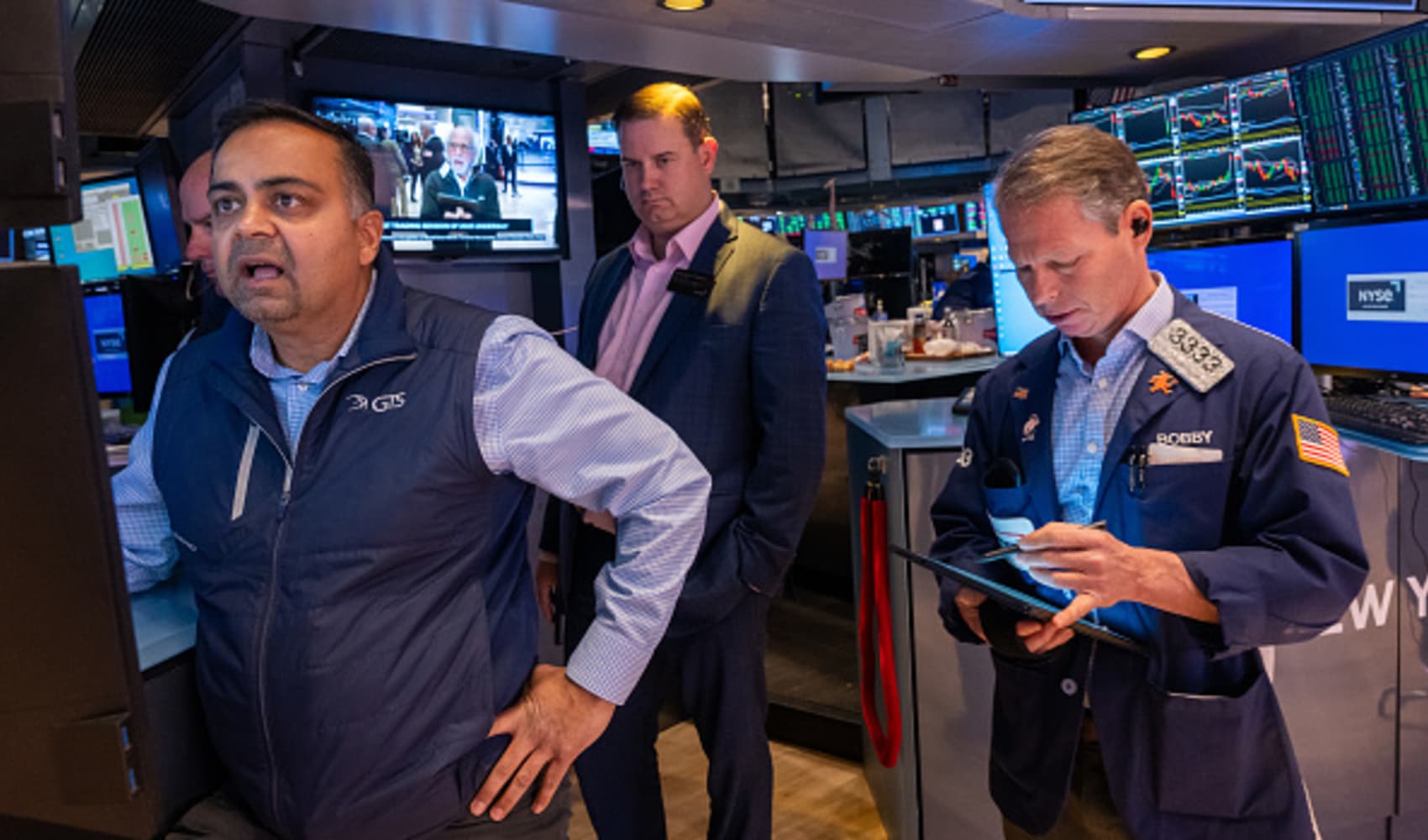
- Business leaders at the U.N. climate conference weighed the outlook for U.S. climate policy, as Washington transitions to Donald Trump's second term.
- "My experience with President Donald Trump in his first term was that he listens to practical reason, no spin. Give him the facts and let him take his own judgment," World Bank President Ajay Banga told CNBC.
- Trump has also vowed to once more withdraw the U.S. from the Paris Agreement, a 2015 pact in which nearly 200 governments made non-binding pledges to reduce emissions.
BAKU, Azerbaijan — Dubbed the "climate financing COP," the 29th iteration of the U.N.'s annual climate summit in Baku, Azerbaijan, has hosted talks focused on unlocking crucial funds to combat environmental change — and on the impact of President-elect Donald Trump's sweeping win last week in the U.S. elections.
"I think it's going to be challenging. The U.S. plays a really critical role as an engine for the global economy, a driver of new technology, a source of finance," Rich Lesser, global chair of the Boston Consulting Group, told CNBC's Dan Murphy in Baku.
Get top local stories in San Diego delivered to you every morning. >Sign up for NBC San Diego's News Headlines newsletter.
"President Trump has been very clear he doesn't believe in climate change. I think he's used the word that it's a hoax and that he would take a much more aggressive stand to building out fossil fuel infrastructure in the U.S., and a much more restrictive view of how to deploy investment into decarbonization," Lesser added.
The new balance of power in Washington could lead to a rollback of many climate-linked reforms passed by the administration of incumbent Joe Biden. While campaigning, Trump targeted the Inflation Reduction Act — which he calls the "green new scam" — and pledged to rescind any "unspent" funds.
U.S. climate envoy John Podesta, who leads America's delegation at COP29, held firm on Washington's continued leadership on climate policy, saying during the opening of the annual conference that "efforts to prevent climate change remain a commitment in the U.S. and will confidently continue."
Money Report
World Bank President Ajay Banga was also upbeat over the incoming administration, telling CNBC that "my experience with President Donald Trump in his first term was that he listens to practical reason, no spin. Give him the facts and let him take his own judgment."
He added, "What I'm going to tell him is what I'm trying to do, which I think transcends any administration — which is, make the place work better, make it work faster, make it more efficient, make it work as a better partner with the other national development banks. Get the private sector in and drive that and make sure you drive jobs."
Trump has also vowed to once more withdraw the U.S. from the Paris Agreement, a 2015 pact in which nearly 200 governments made non-binding pledges to reduce emissions. Exxon Mobil CEO Darren Woods warned against the exit, which aims to limit global warming to 1.5 degrees Celsius above pre-industrial levels.
"I would encourage them to stay in the Paris Agreement," Woods told CNBC, adding that Trump can instead bring a "common sense approach," to reducing emissions — a task the Exxon Mobil head said needs a global framework.
'Drill, baby, drill'
Trump has made hydrocarbons a key point of his campaigning agenda, previously vowing to "unleash American Energy" and promising to end Biden's "delays in federal drilling permits and leases that are needed to unleash American oil and natural gas production."
In his speech at the Republican National Convention in July, Trump claimed that increasing domestic oil and gas production would drive down prices for consumers at the pump. Under the Biden government, U.S. crude production averaged 12.9 million barrels per day in 2023, breaking the previous national and global record of 12.3 million b/d, set in 2019 during Trump's first presidential term, according to the EIA.
"I think the opportunity for the Trump administration is looking a little further into the future," Exxon Mobil's Woods told CNBC.
"Additional access to acreage is going to be really critical within the U.S. to make sure that as we head down the depletion curve in the unconventional business, that the industry has access to additional resources to develop to offset that depletion that naturally occurs when producing oil."






